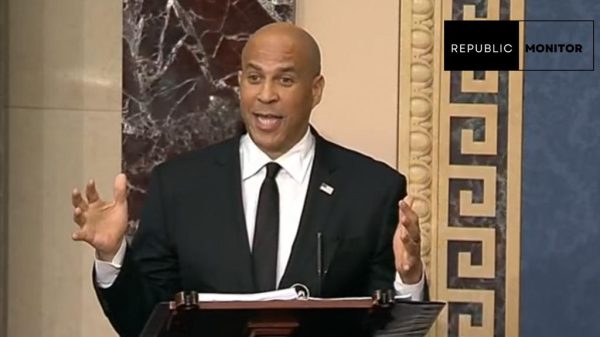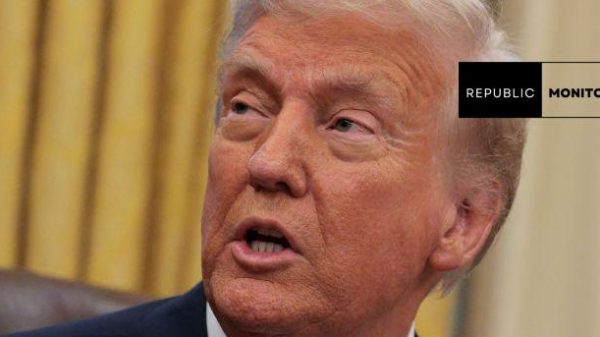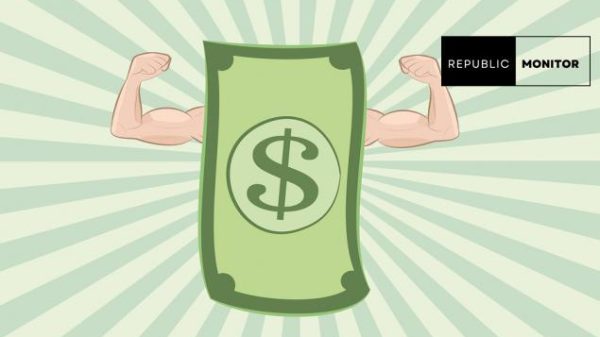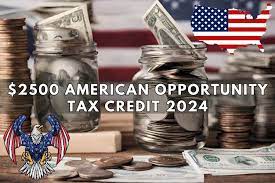As discussions surrounding the potential for a fourth federal stimulus payment continue, several states are taking independent measures to address economic challenges. One such initiative is the provision of a tax rebate by states, offering financial relief to eligible residents. This article provides a comprehensive guide to the $2,500 state tax rebate, shedding light on its purpose, eligibility criteria, and the impact it can have on individuals.

A Detailed Guide to the $2,500 State Offer for Tax Rebates
Purpose of the $2,500 State Tax Rebate
The $2,500 state tax rebate is a financial assistance program implemented by certain states to support their residents during challenging economic times. While not a federal stimulus payment, these state-level initiatives aim to provide relief to individuals facing financial hardships. The rebate is often part of broader state economic recovery plans designed to stimulate spending, ease financial burdens, and promote overall economic well-being.
Eligibility Criteria
Eligibility for the $2,500 state tax rebate varies by state, and residents need to meet specific criteria to qualify for the financial assistance. Common eligibility factors include:
- Residency: Generally, individuals must be residents of the state implementing the tax rebate program. Non-residents may not qualify for the rebate.
- Income Level: Some states set income thresholds to determine eligibility. Residents with lower incomes or those facing financial challenges may have a higher likelihood of qualifying.
- Tax Filing Status: Eligibility may be linked to an individual’s tax filing status. Residents who have filed their state taxes and meet certain criteria may be eligible for the rebate.
- Financial Hardship: States may prioritize individuals facing financial hardship, such as job loss, income reduction, or other economic challenges.
It is crucial for residents to review specific eligibility criteria outlined by their state’s tax authorities to determine their qualification for the $2,500 rebate.
Impact on Individuals
The $2,500 state tax rebate can have a significant impact on eligible individuals, providing financial relief and potentially contributing to improved economic stability. The rebate amount, while not as substantial as federal stimulus payments, can be valuable in addressing immediate financial needs, covering essential expenses, or contributing to savings.
For individuals facing economic challenges, the rebate serves as a form of targeted financial assistance designed to support those who need it most. By putting money directly into the hands of residents, states aim to stimulate local economies, boost consumer spending, and alleviate financial stress for eligible individuals and families.
How to Access the $2,500 State Tax Rebate
Accessing the $2,500 state tax rebate typically involves a straightforward process outlined by state tax authorities. Residents can follow these general steps:
- Check Eligibility: Review the eligibility criteria specified by the state to ensure qualification.
- File State Taxes: Ensure that state taxes are filed accurately and within the designated timeframe. The rebate may be tied to the individual’s tax filing status.
- Monitor Communications: Stay informed about announcements and communications from state tax authorities regarding the rebate program. Important details, application instructions, and updates are often communicated through official channels.
- Submit Necessary Documentation: If required, residents may need to submit specific documentation to support their eligibility for the rebate.
- Receive Rebate: Once eligible, residents can expect to receive the rebate through the designated payment method outlined by the state.
Conclusion
While the $2,500 state tax rebate is not a federal stimulus payment, it represents a proactive approach by states to address economic challenges at the local level. Eligible individuals can benefit from this financial assistance, providing relief during uncertain times. Residents are encouraged to stay informed about their state’s rebate program, review eligibility criteria, and take the necessary steps to access the financial support offered by their state government. As economic recovery efforts continue, state-level initiatives play a crucial role in supporting individuals and communities across the country.
















